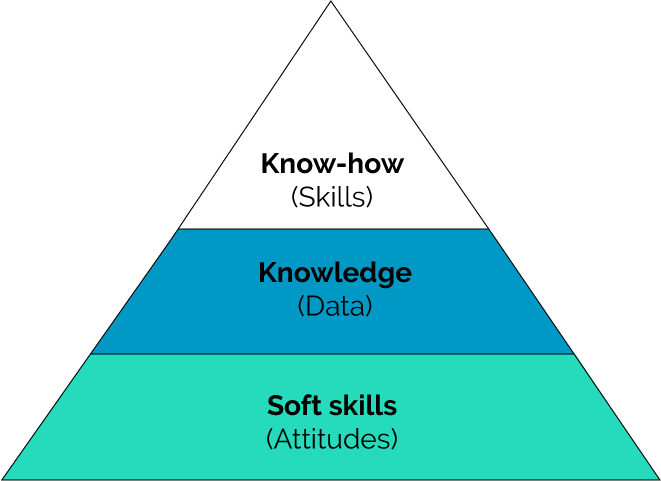Intercultural Communication

An ever more interconnected human species fed with the same media milk (preferably in English…) completes the illusion of sameness in communication patterns and meanings.
For this very reason, modernity and its revolutionary capability to “move” Humans across the planet commit all of us to supposedly universal communication skills. Yet eventually, this endeavor brings the Self questioning the values of the Other, their consistency and acceptability. At that point, one’s answer to that question can only be positive if a sense of relativity is kept regarding own culture. This relativity framing is easier said than done since it implies both a critical and objective examination of the very cultural values on which the Subject has built herself.
Refusing this examination leads most of the time to the denial of the Other and her values, ultimately causing the communication project to fail, may it be professional or personal.
Developing intercultural communication skills is first and foremost about learning mental stances which allow diverse value systems to co-exist inside and around the Self while safeguarding the moral principles shared by humanity.
Priority should be first given to attitudes, such as respect, openness, tolerance, curiosity, awareness, motivation, attention, de-centration of the Self, boldness, a non-judgmental approach…
What may seem here obvious is actually in practice the most difficult part of the intercultural communication capability building process. It involves indeed mental processes that are deeply shaped by emotions. Therefore, own personality strongly influences the development potential of these soft skills.
In any case, attitudes are the necessary “first stage” without which no knowledge (cultural or linguistic) and, most of all, no practical skills may be successfully implemented. Recycling our icy metaphor, practical skills, given their operative function in real-life intercultural exchange, can be seen as the tip of the communication iceberg and, as such, its final purpose.
This pyramidal layout, as old and simple as mankind, shapes all our training and consulting services. Working essentially on soft skills (attitudes) and knowledge (cultural data), Transcultural Agency helps you develop rock-solid know-how in your practice of intercultural communication.

